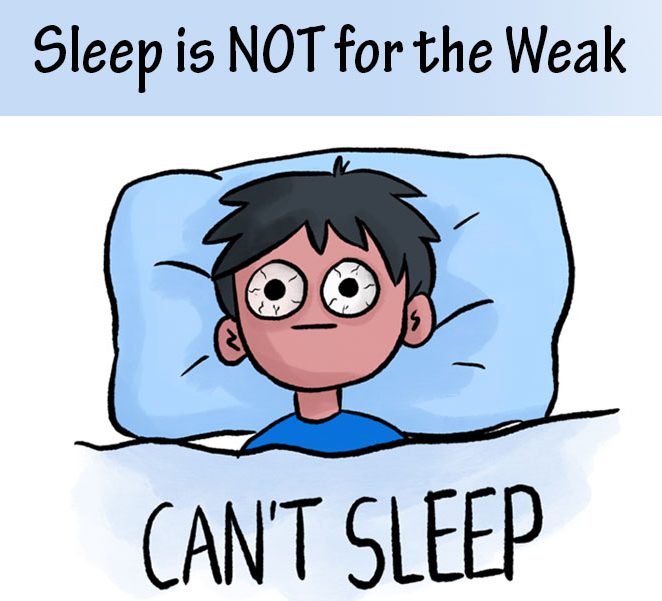Sleep is Not for the Weak
January 6, 2022
We all know that sleep is something that everyone needs. If it’s so important, why is it so hard for college students to get good consistent sleep? With the stress from classes to the change in living environments, irregular routines are more likely to occur. It’s no wonder we can’t figure out a strong pattern of sleep. When you add the stress of relationships, work, and daily issues; proper sleep may feel near to impossible. I know I am guilty of never getting the same amount of sleep. Some days I could sleep for nine hours and others I only get two hours.
According to a sleep study by Harvard University, 96% of college students don’t get sufficient sleep, but adults need 7-9 hours of sleep every night in order to function properly. In order for our bodies and brain to repair, grow, and strengthen we need to be aware of our sleeping habits. Talking to students on campus, a lot of students do not get the recommended number of hours.
“I will toss and turn for hours before I can even fall asleep,” FGCU sophomore Ronique Bobb said. “I will run on four to five hours of sleep most days and be happy about it because to me that’s a good night’s rest.”
Where some students struggle to find the balance between being awake and getting a good night’s rest, some students have it down to a science. They will prioritize their responsibilities and make sure they are done by a certain time in order to go to bed by a reasonable hour. It’s not easy to balance studying sometimes and that can lead to students pulling all-nighters. Some people can toss and turn and others can knock out the moment their head hits the pillow.
“I prioritize my schedule and try not to let anything interfere so I can rest easy,” FGCU sophomore Madison Lewis said. “I get an average of 7-10 hours depending on if I work the next day.”
Lewis continued to tell me why sleep is so important to her. It helps your body reset and recharge from all of the stress and trauma experienced the day before. It also regulates hormones and increases serotonin levels. There are so many benefits to getting a full night’s rest including more energy and having aid with digestion. Overall, it’s just really important to develop good sleeping habits.
FGCU Prevention and Wellness have sent out a lot of tips and suggestions on how to improve your sleeping habits like avoiding stimulants four hours before bed. Things like caffeine, sugar, and nicotine can keep you awake longer than intended. They also recommend getting into a routine. Setting a regular sleep and wake schedule and sticking to it, can train your brain and body to know when it’s time for bed. Exercising for at least 20-minutes a day can also be beneficial as well as trying some low impact stretching before bed. There is a multitude of things you can do in order to strengthen your sleeping habits.












































